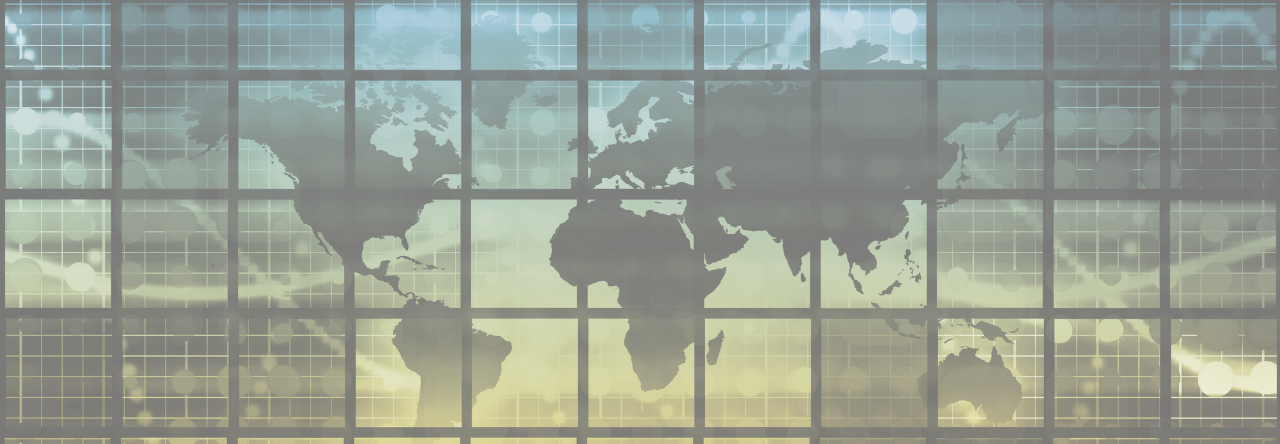This article is the English version of Élie Tenenbaum,
« Vers la fin de vingt ans de guerre contre le terrorisme ? », published in Politique étrangère, Vol. 86, Issue 3, 2021.

“Our objective was clear. The cause was just.” These were the words chosen by President Joe Biden on April 14, 2021, to describe the war unleashed twenty years earlier by one of his predecessors, George W. Bush, in the aftermath of the 9/11 attacks. Yet, despite the clarity of the objective and the justice of the cause, the newly inaugurated president was here to announce a galling withdrawal, one that looked suspiciously like defeat: “I’m now the fourth United States President to preside over American troop presence in Afghanistan […]. I will not pass this responsibility on to a fifth. […] It’s time to end America’s longest war.”





Vous devez être connecté pour poster un commentaire.